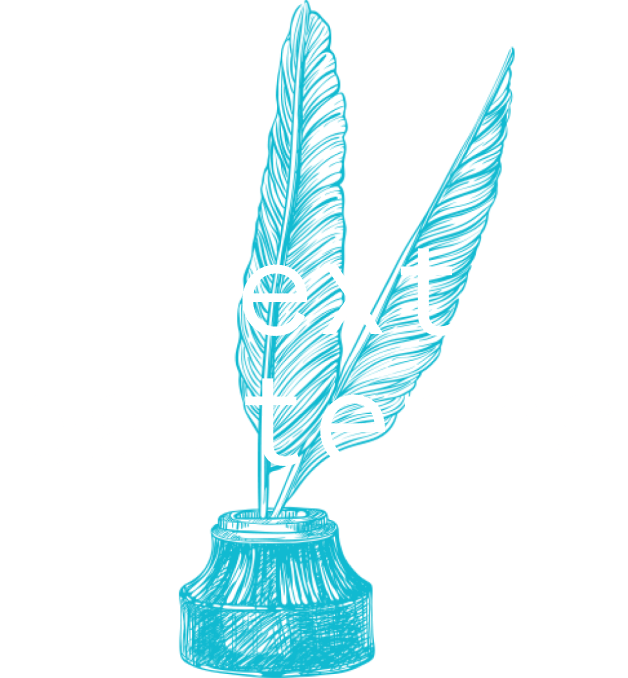June 2, 2016
Virgil and adversary culture
As I mentioned in an earlier post, Adam Roberts has been blogging about the Aeneid, prompted by his reading of Seamus Heaney’s fragmentary translation. Adam concludes his most recent post on the subject with these thoughts: One of the biggest questions about the Aeneid, one critics and scholars still debate, is whether it is a simply...

